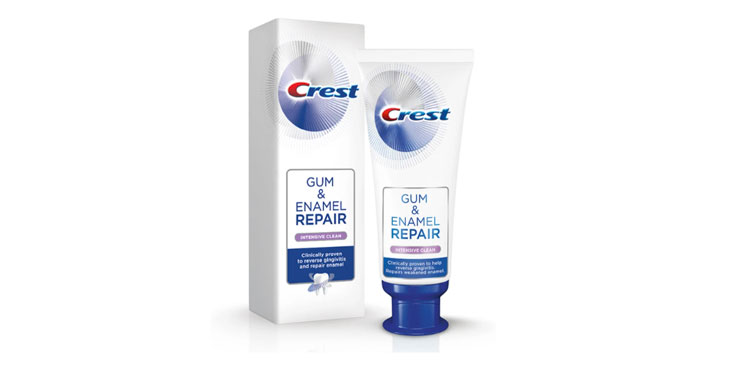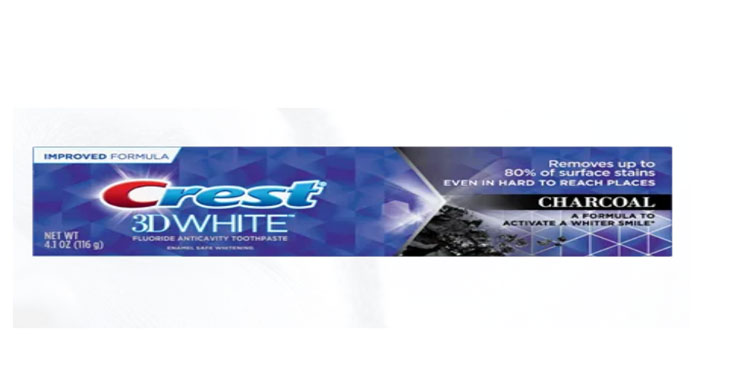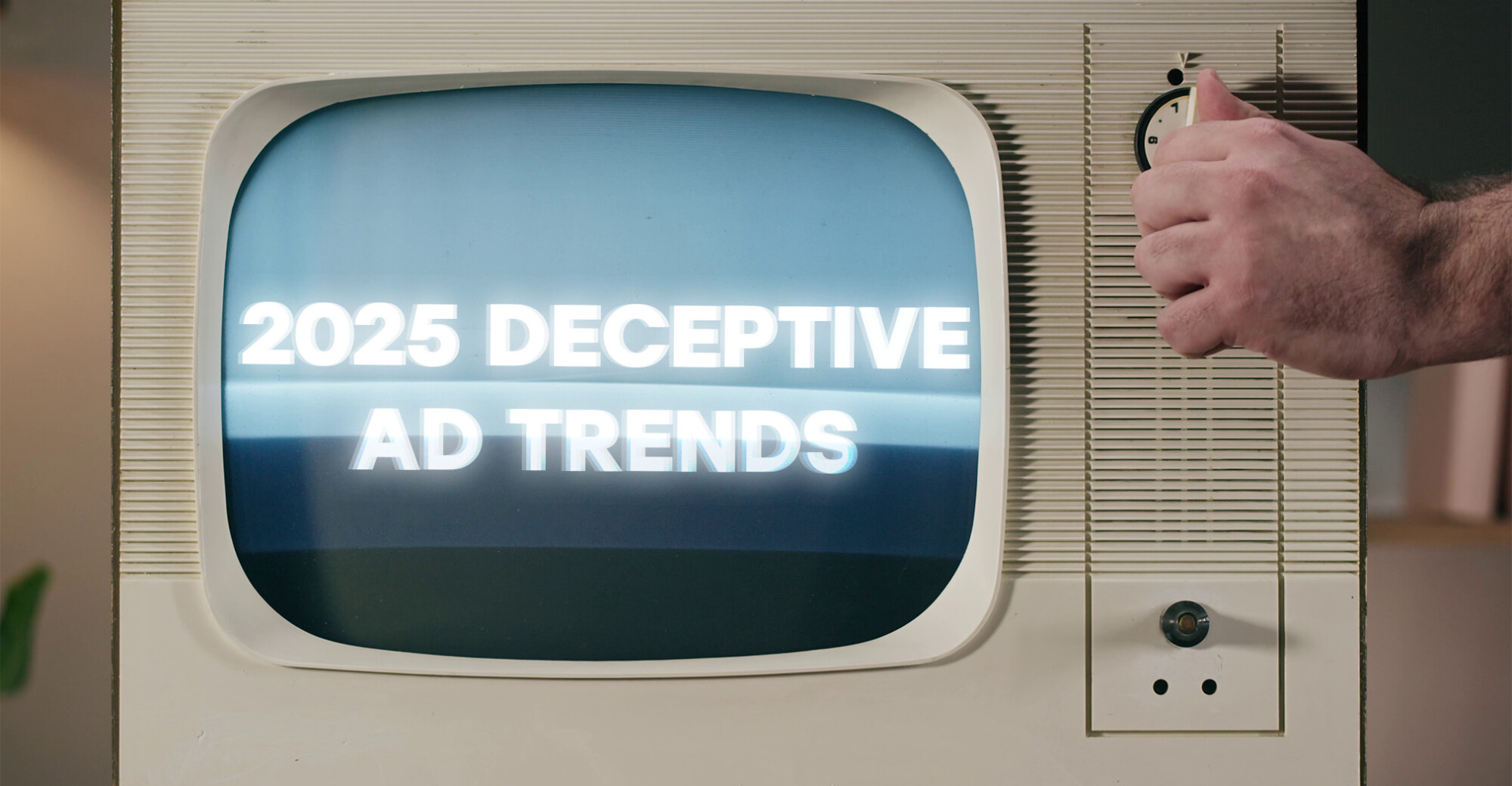
Crest Gum & Enamel Repair Toothpaste
Allegations: Falsely advertising that toothpaste will repair gums
March 2014: The appeal was dismissed When a complaint is dismissed with prejudice, it cannot be refiled. pursuant to a settlement agreement. The terms of the settlement have not been disclosed.
October 2013: A federal judge granted final approval of the settlement. Later in October, an objector filed a Notice of Appeal regarding the decision to approve the settlement.
February 2013: A federal judge preliminarily approved a class-action lawsuit settlement between Proctor & Gamble Co. and consumers who claimed the company falsely advertised its Crest Sensitivity Treatment & Protection toothpaste as providing relief from tooth sensitivity “within minutes.” P&G has agreed to refund the actual purchase price to Class Members who submit a valid Claim Form and documentation showing the actual price paid. For those Class Members who don’t have the proper documentation, P&G has agreed to refund them $4. (Edward Rossi v. The Proctor & Gamble Co., Case No. 11-cv-07238, D. N.J.)
Allegations: Falsely advertising that toothpaste will repair gums
Allegations: Falsely marketing that the toothpastes repair gums
Allegations: Misleadingly representing that toothpastes will repair damaged gums and enamel
Allegations: Misleadingly representing that toothpaste will repair damaged gums and enamel
Allegations: Misleadingly marketing charcoal toothpastes as safe, gentle, whitening, and healthy when they pose safety risks and are abrasive
A deceptive marketing trend takes root.
If you’ve been misled by an ad, regulators want to hear from you. We do too.
How negative feelings surrounding menstruation have influenced period product marketing.
A closer look at what we’ll be monitoring in the new year.
What consumers should know about software tethering.





